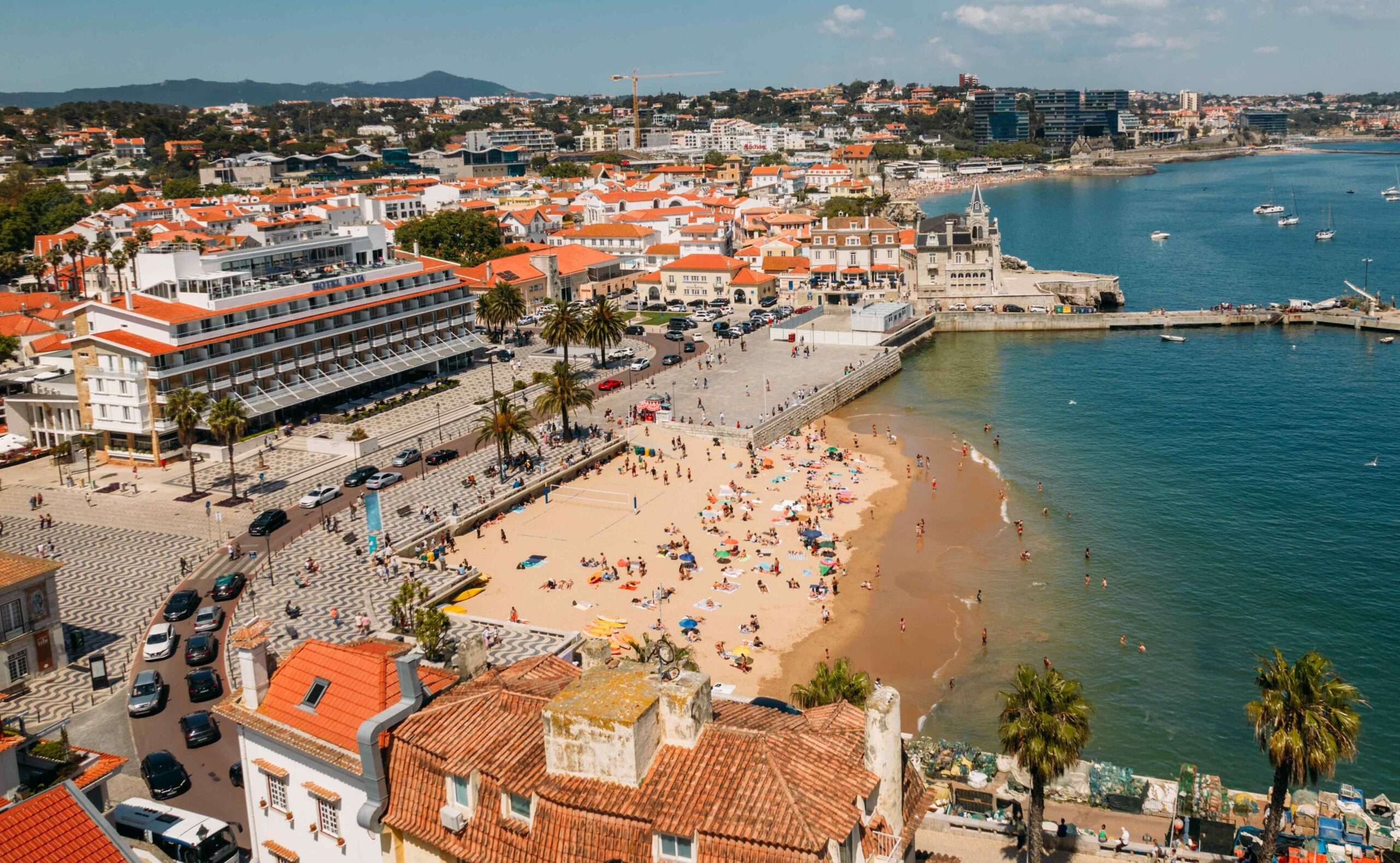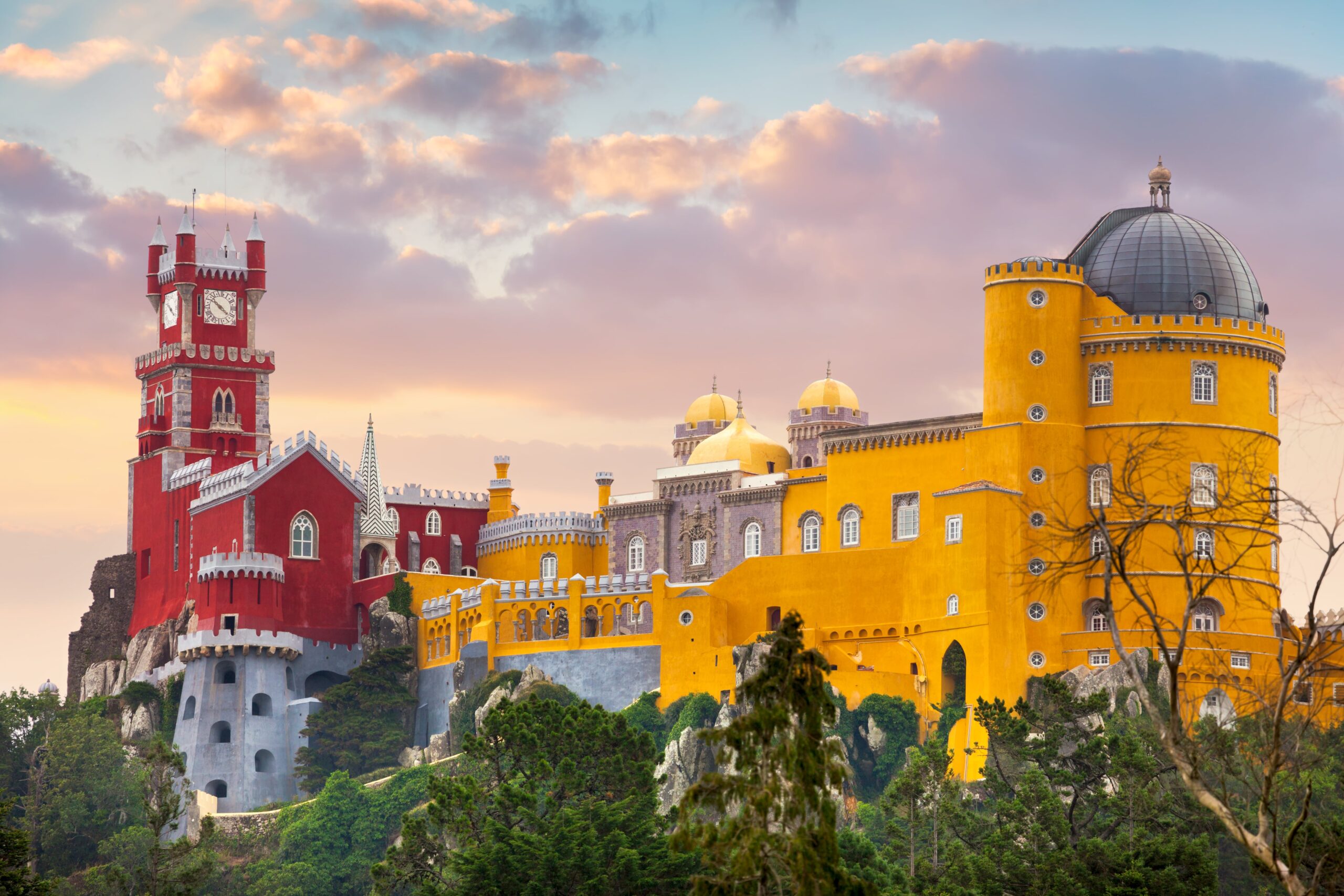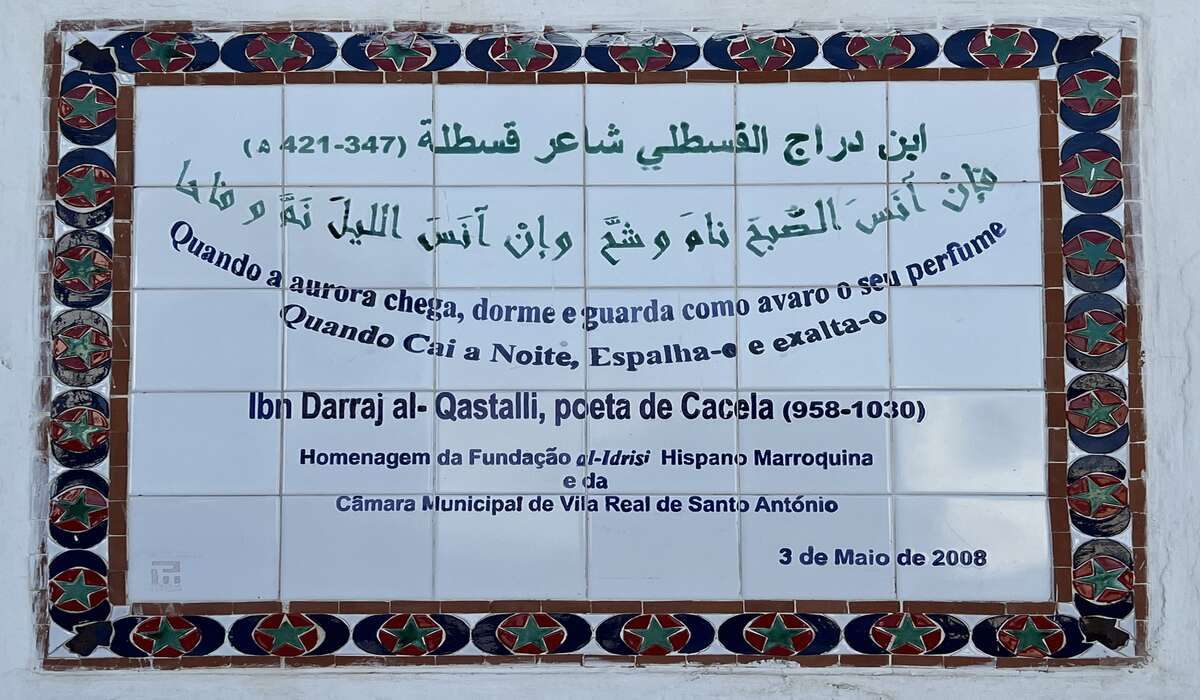
An Alliance for the Future: The Strategic Partnership between Saudi Arabia and Portugal
Portugal and Saudi Arabia possess significant potential to strengthen their economic, cultural, and diplomatic ties. By leveraging their unique strengths and exploring common interests, these nations can forge a powerful alliance that not only benefits their respective regions but also contributes to global progress. This article will delve into the advantages of furthering relations between Portugal and the Kingdom of Saudi Arabia, the potential areas of collaboration, and the shared power they can build to improve their relations, regions, and the world.
Economic Advantages:
Energy Cooperation: Saudi Arabia, as a leading oil producer, and Portugal, as an emerging renewable energy hub, can establish partnerships in energy exploration, production, and sustainable practices. Portugal has made significant advancements in the field of renewable energy, particularly in wind. In January 2023 renewable energy supplied 88% of the total electricity consumption in Portugal.
Portugal’s expertise in renewable energy technologies aligns with Saudi Arabia’s goal of diversifying its energy mix under the Kingdom’s Vision 2030 program.
Infrastructure and Construction:
Portugal’s expertise in infrastructure development, combined with Saudi Arabia’s ambitious Vision 2030 program, can foster collaborations in construction projects. Joint investments in infrastructure initiatives, taking advantage of their strategic geographic locations, Portugal as the westernmost Country in Europe with direct access to the Atlantic, and Saudi Arabia is located between three continents: Europe, Africa, and Asia. Together, Portugal and Saudi Arabia can stimulate economic growth and create employment opportunities in both nations.
Tourism and Hospitality:
Portugal has successfully positioned itself as a popular tourist destination, and the Saudi Vision 2030 places a strong emphasis on developing a thriving tourism industry in the Kingdom. Portugal can assist by sharing its experience in tourism management, destination marketing, and sustainable tourism practices.
The Portuguese tourism sector is known for its cultural heritage, natural beauty, and warm hospitality, similar strengths to the ones of Saudi Arabia, and so it can attract Saudi tourists seeking unique travel experiences. Conversely, Saudi Arabia can encourage Portuguese travelers to explore the Kingdom. Tourism exchange will bolster economic growth, Foreign Direct Investment (FDI) and cultural exchange between the two nations.
Cultural Advantages:
- Historical Connections: Portugal and Saudi Arabia share historical connections, primarily through Arab influence during the Islamic period of the Iberian Peninsula. The Island of Tarout in Saudi Arabia bears witness to Portuguese presence, and interestingly, the Tarout Castle is locally known as “Castelo” the Portuguese word for “Castle”. In addition, some historians believe the origins of the Christian Cemetery of Jeddah are in the “Battle of Jeddah” also known as “Siege of Jeddah”. Lopo de Soares de Albergaria, sought to expand the influence of the Portuguese in the Red Sea and gain control over lucrative spice trade routes. In their efforts to establish a presence in the region, they attempted to capture the city of Jeddah, which was an important port and commercial center in the Arabian Peninsula. The Portuguese fleet attempted to conquer Jeddah in 1517. However, the city’s defenses, including the fortifications and the resistance from local forces, proved to be formidable. The Portuguese faced strong opposition from the defending forces and were unsuccessful in capturing Jeddah. They faced significant losses and were forced to withdraw from the area, abandoning their plans for conquest. The Battle of Jeddah marked a setback for Portuguese expansion in the region and the subsequent dominance of the Ottoman Empire in the Red Sea. By nurturing cultural ties and promoting dialogue, both countries can foster mutual understanding, preserve heritage, and strengthen the bonds between their people.
- Education and Research: Collaborations in education and research can facilitate knowledge exchange and academic partnerships between Portuguese and Saudi institutions. In Saudi Arabia, King Abdul Aziz University (KAU), King Saud University (KSU), and King Abdullah University of Science and Technology, and in Portugal University of Lisbon, University of Porto, University of Coimbra, are amongst the prestigious Universities. Scholarly exchanges, joint research programs, and student mobility will promote cross-cultural learning, innovation, and intellectual growth.
- Arts and Sports: Encouraging cultural exchanges in the fields of arts, music (diverse music traditions in Saudi Arabia and Fado in Portugal), literature, museums, and sports will promote cultural diplomacy, fostering appreciation and understanding between the two nations. Joint cultural events, exhibitions, and sports tournaments can enhance people-to-people connections and create platforms for artistic collaboration. Portugal can serve as a host for exhibitions of Saudi artists and events to showcase the Saudi culture, from national cuisine to fashion, and technology. At the time of this article, Cristiano Ronaldo, the football star, plays at Al-Nassr FC. More Portuguese football managers are also in the Kingdom, Nuno Espírito Santo at Al-Ittihad Club, Pedro Emanuel at Al-Khaleej, Filipe Gouveia at Al-Hazem, Joaquim “Quim” Machado at Al-Orobah.
Diplomatic Advantages:
Middle East and European Stability: By building stronger diplomatic ties, Portugal and Saudi Arabia can work together to promote peace, stability, and dialogue in the Middle East and Europe. In addition, Portugal is part of the CPLP, Community of Portuguese Language Countries. Their collaboration on regional and international issues can contribute to conflict resolution and the pursuit of common efforts and goals such as global peace.
Multilateral Engagement: Portugal is actively engaged in the European Union (EU) and Saudi Arabia in the Gulf Cooperation Council (GCC) and Arab League, which presents opportunities for collaboration on global platforms. Furthermore, both countries are active members of the United Nations. By coordinating positions and leveraging their collective power, both countries can address shared challenges, such as climate change, migration, sustainable water management, agricultural development, and economic growth.
Conclusion: Portugal and Saudi Arabia can pave the way for a future with shared achievements, growth, and mutual benefit.
Category:
- Diplomacy (1)
- Economy (4)
- Foreign Bilateral Relations (3)
- HNWIs (1)
- Investment (2)
- Portugal (4)
- Real Estate Portugal (3)
- Tourism (2)


